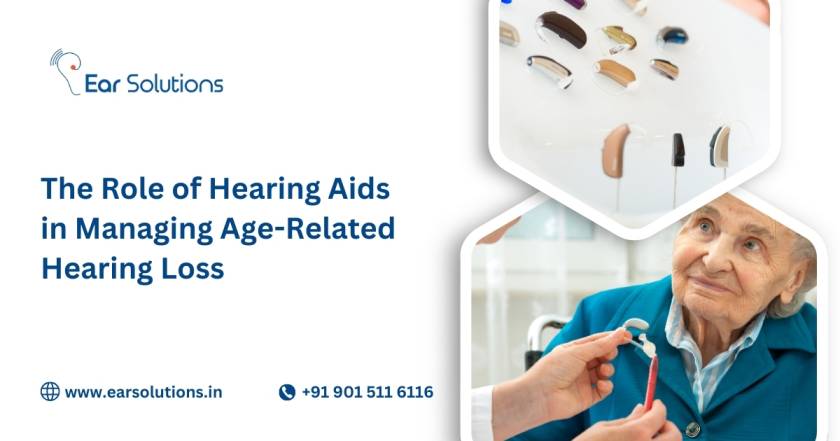
Role of Hearing Aids for Age-Related Hearing Loss
Hearing loss is a common concern as people age, with millions of seniors worldwide experiencing diminished hearing abilities.


© 2024 Crivva - Business Promotion. All rights reserved.